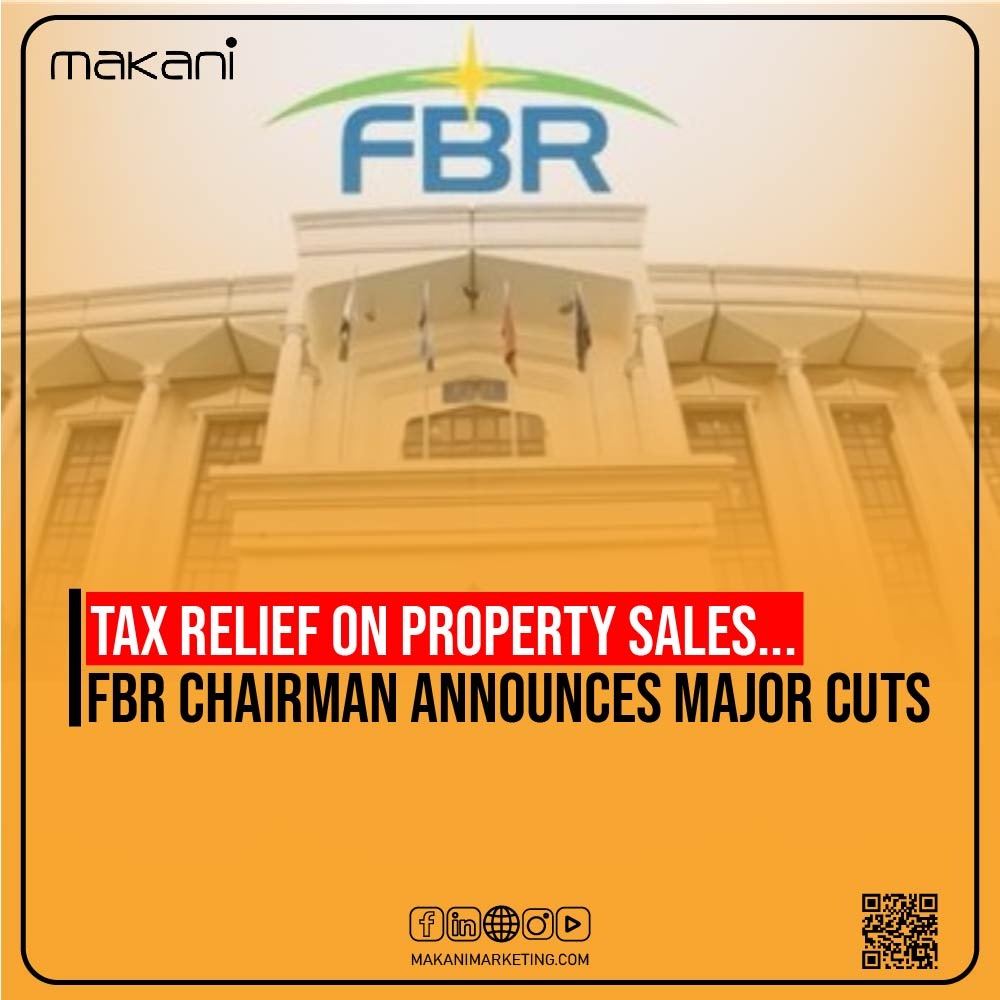When it comes to investing in the real estate market, transparency and regulation are crucial for protecting stakeholders’ interests. Dubai’s Real Estate Regulatory Authority (RERA) serves as a prime example of an effective regulatory body, established in July 2007 by the approval of His Highness Sheikh Mohammed Bin Rashid Al-Maktoum. RERA has significantly improved the transparency and regulation of the Dubai real estate market, setting a benchmark for other countries. Pakistan could greatly benefit from a similar regulatory authority to enhance its real estate sector.
Why Pakistan Needs a Real Estate Regulatory Authority
1. Protection of Stakeholder Rights: RERA monitors and regulates the real estate market in Dubai, ensuring that the rights of landlords, sellers, buyers, tenants, and property management companies are protected. In Pakistan, a similar authority could safeguard stakeholders from fraud and malpractice, fostering trust in the real estate market.
2. Standardization and Certification: In Dubai, RERA mandates that property developers, management companies, landlords, and real estate agents must register with the authority to become legally certified. This ensures that all market players adhere to a set of standards, enhancing the credibility and reliability of real estate transactions. Implementing such a system in Pakistan would raise the professionalism and standardization in the market.
3. Financial Security: RERA oversees financial transactions, requiring payments to be made via escrow accounts in RERA-approved banks. This system ensures that funds are securely managed, reducing the risk of financial mismanagement. A similar mechanism in Pakistan would provide financial security to investors and property buyers, encouraging more investment in the sector.
4. Facilitating Overseas Investment: Many Pakistanis living abroad wish to invest in their homeland but face challenges due to lack of information and transparency in the property market. A regulatory authority like RERA could provide clear guidelines and secure channels for overseas investments, making it easier and safer for expatriates to invest in Pakistani real estate.
5. Boosting Economic Growth: A well-regulated real estate market attracts more investors, both domestic and international, contributing significantly to the economy. By establishing a real estate regulatory authority, Pakistan could boost investor confidence, increase real estate investments, and ultimately enhance economic growth.
Current Real Estate Challenges in Pakistan
1. Lack of Regulation: The absence of a centralized regulatory authority leaves the market vulnerable to fraud, corruption, and malpractice. Investors and buyers often face difficulties in verifying the legitimacy of property deals, leading to financial losses and disputes.
2. Inadequate Protection for Investors: Without proper regulation, investors do not have adequate protection against fraudulent schemes and unfair practices. This lack of security discourages potential investors from entering the market.
3. Limited Oversight: The current system lacks comprehensive oversight, making it difficult to monitor and regulate the activities of real estate developers and agents. This can lead to substandard construction, delayed projects, and unfulfilled promises.
4. Challenges for Overseas Pakistanis: Expatriates often struggle with understanding the property market and finding reliable investment opportunities in Pakistan. The lack of transparency and regulation further complicates their efforts to invest safely.
Moving Towards a Regulated Future
To address these challenges, Pakistan needs to establish a regulatory authority similar to RERA. This would involve creating a legislative framework to oversee all real estate transactions, certify market players, and ensure financial transparency. The government’s current policies are moving in a positive direction, but there is a pressing need to expedite the development of a regulatory body.
Conclusion
The establishment of a Real Estate Regulatory Authority in Pakistan is crucial for the growth and stability of the real estate market. By protecting stakeholder rights, standardizing practices, ensuring financial security, facilitating overseas investments, and boosting economic growth, a regulatory authority could transform the real estate landscape in Pakistan. Makani Marketing strongly advocates for the implementation of such an authority to create a safer and more transparent environment for all stakeholders.













